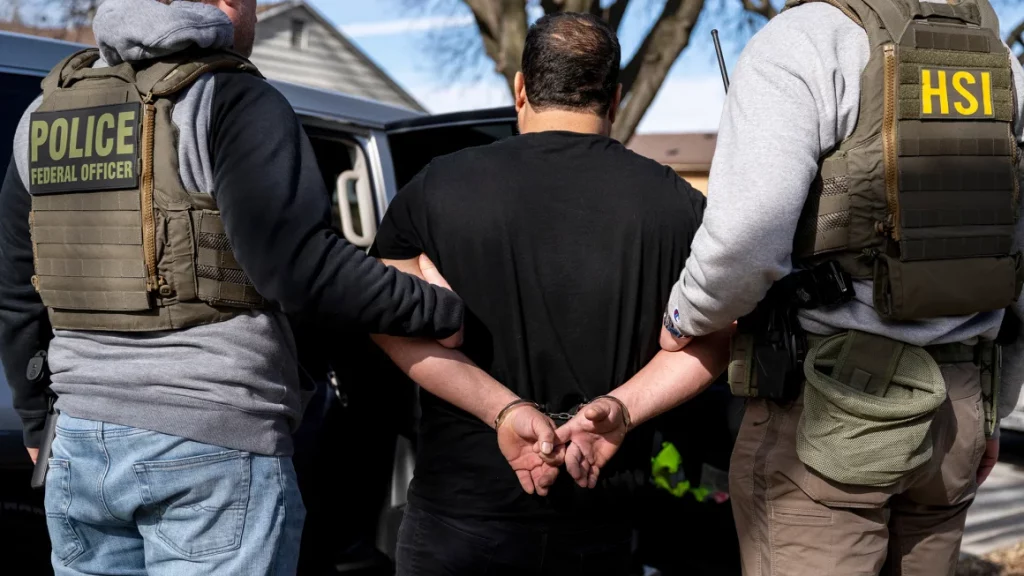The Trump administration’s recent immigration sweeps, resulting in over 2,000 arrests in two days, have drawn significant attention not only for their scale but also for their media-driven presentation. Federal agencies showcased agents in tactical gear through numerous photos and videos, emphasizing their law enforcement roles. Sources revealed that agents were instructed to wear visible insignias, ensuring clarity in media coverage.
This approach aligns with the administration’s broader immigration crackdown, targeting undocumented individuals nationwide. Operations were reported in states like California, Texas, Georgia, and Illinois, among others, with federal agents focusing on criminal aliens while also detaining individuals without criminal records.
The presence of TV personality Dr. Phil McGraw, embedded with an ICE team in Chicago, further underscored the media-centric strategy. However, Illinois Attorney General Kwame Raoul criticized these actions as politically motivated, arguing they upset communities and lacked prior notification to local authorities.
Arrests have extended to homes, businesses, and even places of worship. In Georgia, a man was detained outside a church, prompting a lawsuit from religious groups challenging the constitutionality of immigration enforcement near worship sites. Such actions have sparked fear among immigrant communities, with reports of adults avoiding work and children staying home from school.
Critics, including former ICE officials, have noted a departure from past practices under the Obama and Biden administrations, which prioritized targeting individuals posing public safety threats. The current policy has led to more “collateral arrests,” where undocumented family members of primary targets are also detained.
Local authorities in sanctuary cities like Chicago and San Jose have reiterated their non-cooperation with federal immigration raids. Meanwhile, federal agents continue to target transnational criminal gangs such as Tren de Aragua, as part of broader enforcement efforts.
Despite the controversy, Republican lawmakers and officials have defended the operations as fulfilling campaign promises to strengthen immigration enforcement. The debate highlights the ongoing tension between federal policies and local resistance in addressing immigration challenges.

